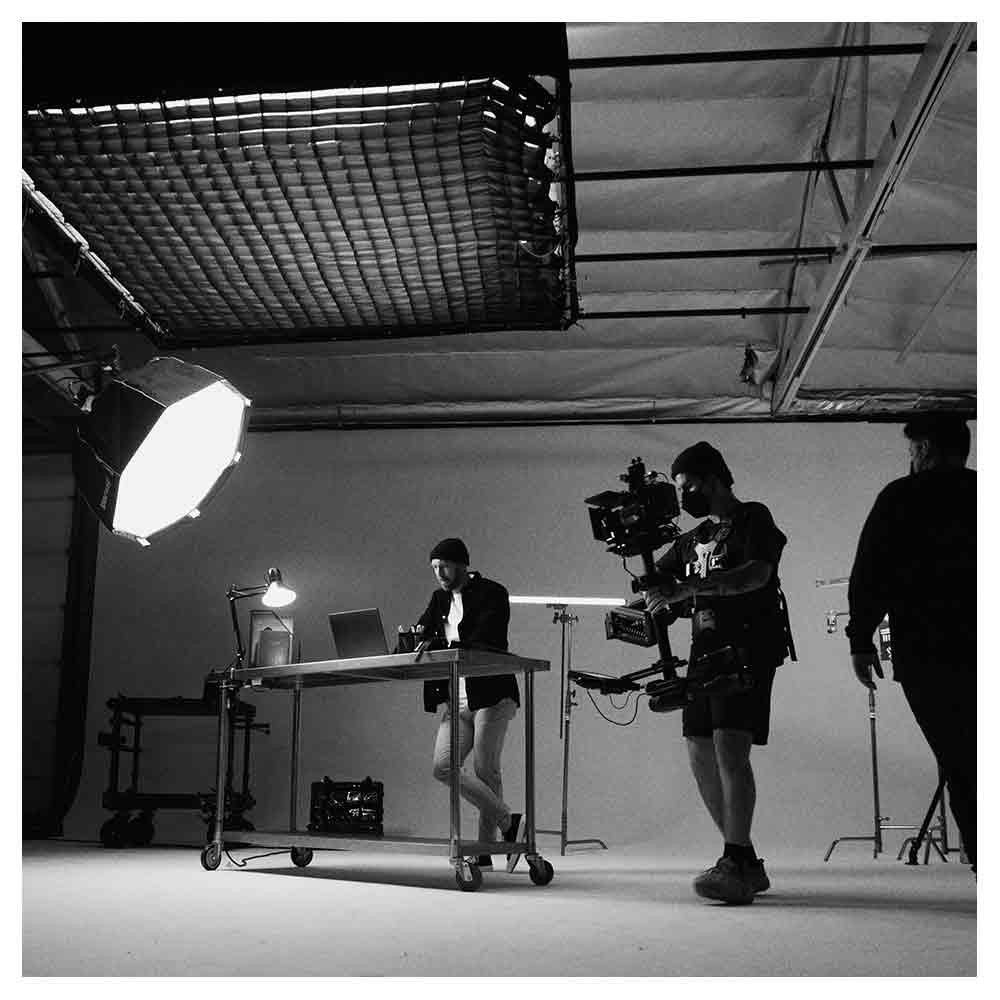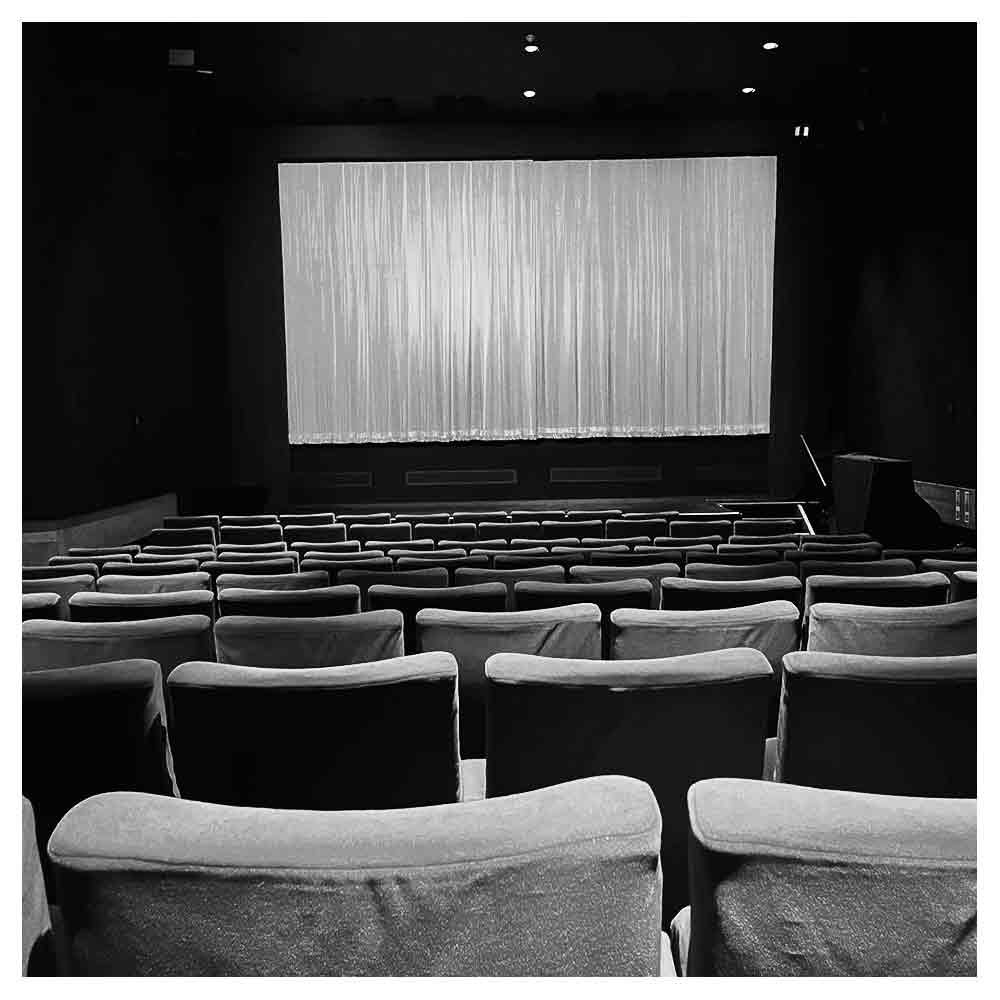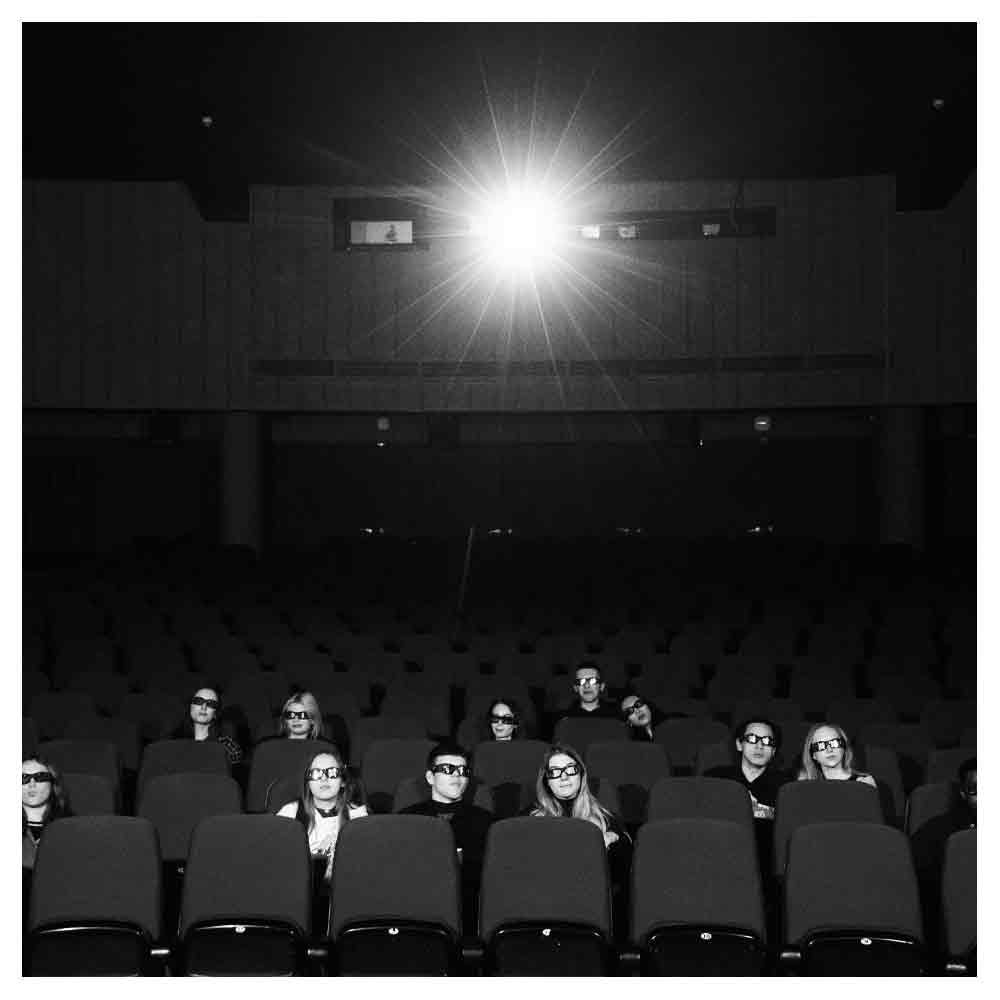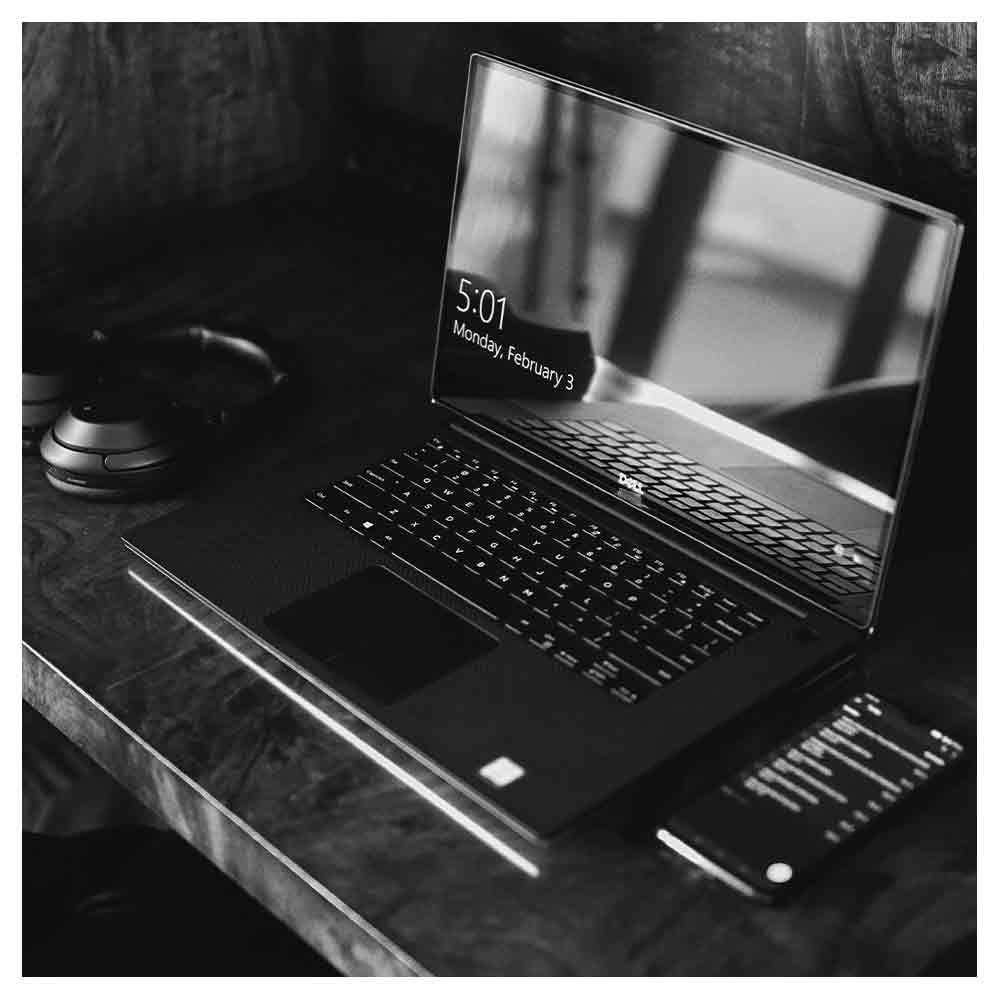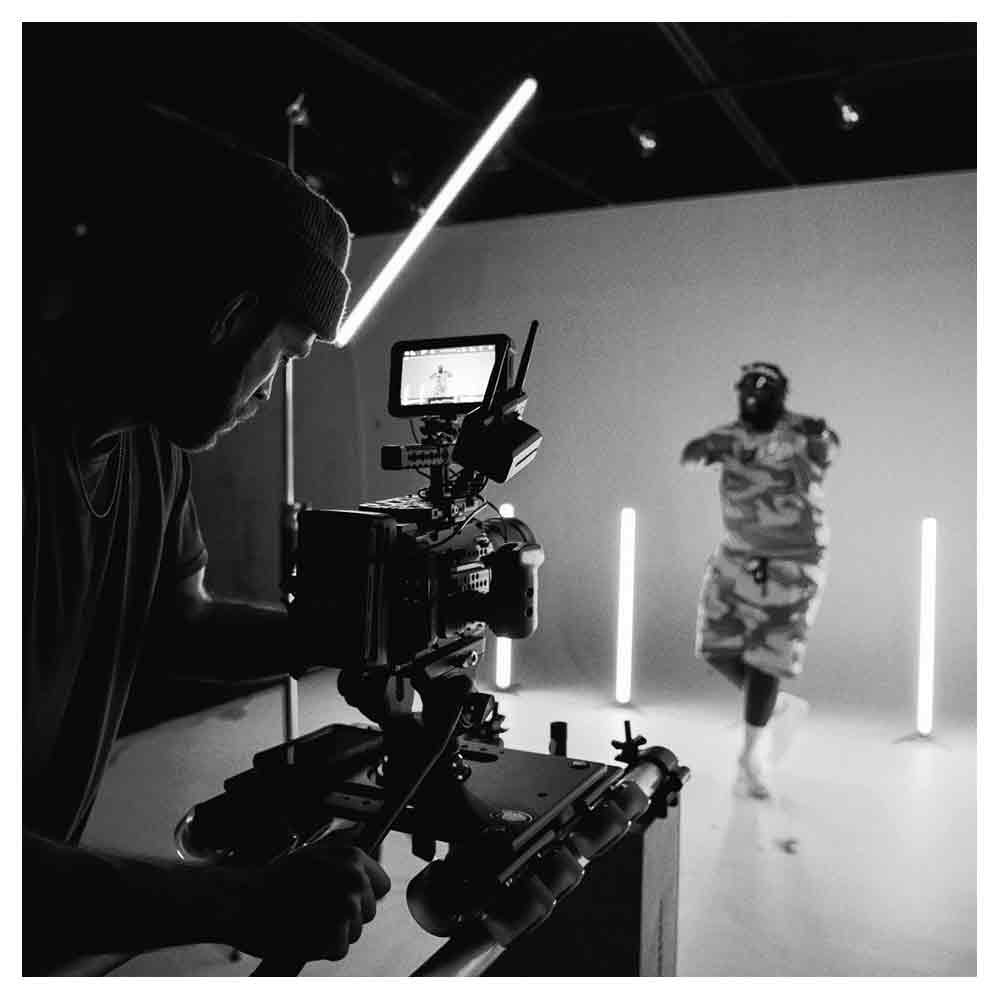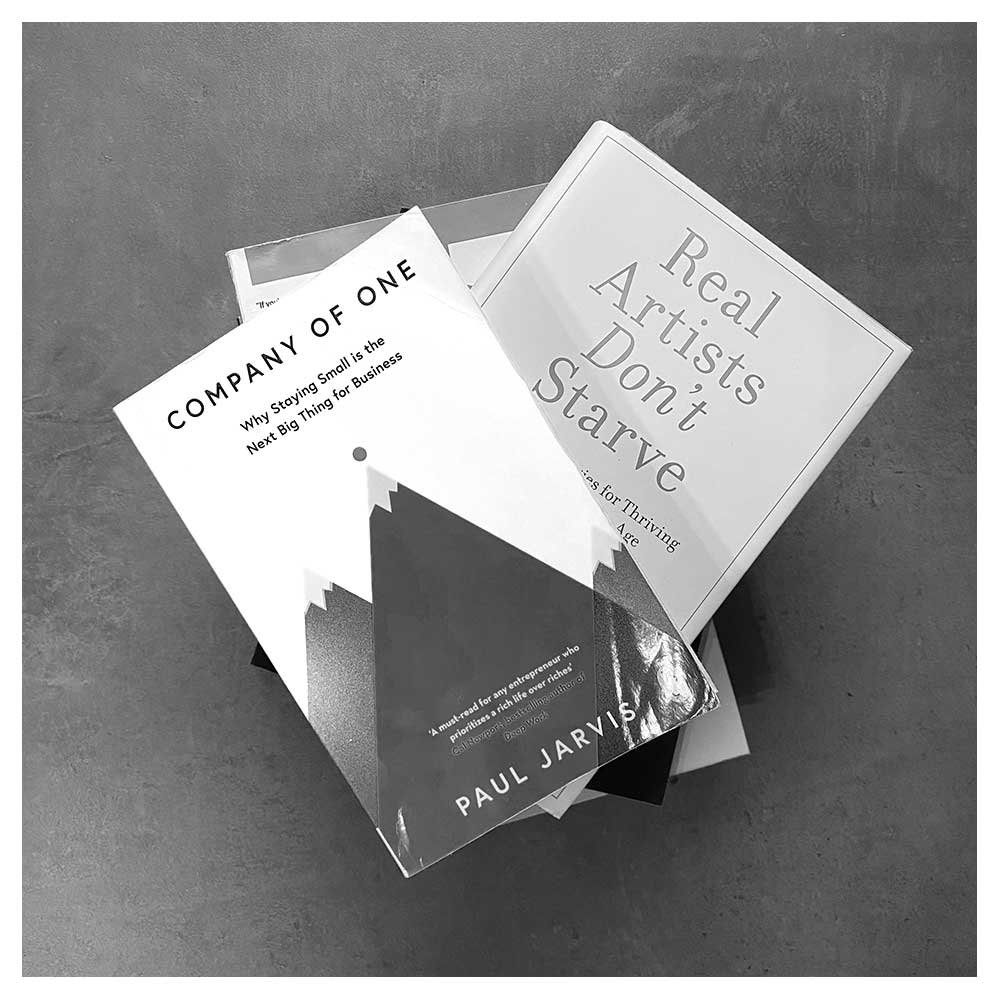What is a DCP (Digital Cinema Package)? Everything you want to know!
In the world of cinema, where the clatter of film projectors once resonated, there now hums the digital sound of the Digital Cinema Package (DCP). But what is a DCP, and why is this digital asset crucial in filmmaking?
Let's dive into the pixelated ocean of DCP and discover its depths.
What is a Digital Cinema Package (DCP)?
A DCP stands for digital cinema package and is essentially the digital sibling of the traditional 35mm feature film print.
It's a collection of digital files used to store and convey digital cinema (movie) data, designed to be projected by digital cinema servers in movie theatres.
The Anatomy of a DCP
A typical DCP consists of:
Video Track: The visual element, usually in JPEG 2000 format.
Audio File: High-quality, uncompressed audio.
XML Files: These contain metadata about the movie.
Subtitles (if applicable): In a separate folder for linguistic versatility.
The Creation Process
Creating a DCP is an art in itself, involving:
Digital Source Master: The pristine version of the movie.
Editing: Using tools like Adobe Premiere Pro for fine-tuning.
Mastering: Implementing a lossless compression codec to maintain quality.
Packaging: Compiling the content into the Material Exchange Format (MXF).
Quality Control: Ensuring the DCP meets the Digital Cinema Initiatives (DCI) specifications.
The Distribution Dance
Distribution of DCPs is a carefully choreographed ballet:
Physical DCPs: Shipped on hard drives, known as 'Digital Cinema Distribution Masters'’
IP-Based DCP Delivery: Secure network transmission to cinemas.
Content Encryption: Each DCP has a unique key for security.
In The Cinema
Once at the cinema, the DCP takes center stage:
Digital Cinema Servers: These powerhouses store and manage the DCPs.
Cinema Server: It connects to the projector, decrypting and playing the DCP.
Playback Server: Ensures smooth screening of the film.
Theatre Management System: Manages scheduling and playback across multiple screens.
The Evolution of DCP
From 35mm to Digital: DCPs represent a leap from physical film prints to digital files, offering enhanced quality and versatility.
Film Festivals to Major Studios: Both indie film productions and major studio releases have embraced DCP for its superior quality.
Global Standardization: Thanks to the Digital Cinema Initiatives, DCPs have become the global standard for movie distribution.
Why DCPs are a Game-Changer
High Resolution and Quality: They offer unparalleled picture and sound quality.
Flexibility: Compatible with short films, feature films, and everything in between.
Security: Encrypted to protect the content from piracy.
Cost-Effectiveness: Though initially more expensive, digital distribution reduces long-term costs.
Looking Ahead: The Future of DCPs
The journey of DCPs is just beginning. With ongoing advancements in technology, the future might bring even more efficient codecs, wider distribution networks, and perhaps a day when physical DCPs become a relic, making way for entirely cloud-based distribution.
Frequently Asked Questions About Digital Cinema Packages (FAQs)
What is a DCP(Digital Cinema Package)?
A DCP is a collection of digital files that store and convey digital cinema (movie) data. It's like a digital version of a 35mm film print.
How are Digital Cinema Packages created?
DCPs are created using specialized software like Adobe Premiere Pro. They contain various types of files, including audio files, video tracks, XML files for metadata, and sometimes even subtitles. The entire production is encoded frame by frame into a DCP.
What is the role of Digital Cinema Servers?
These servers store and manage DCPs in cinemas. They're responsible for the digital projection of movies by reading the DCP's content and ensuring it's displayed correctly on digital projectors.
What is Digital Cinema Distribution Master?
It's the final, high-resolution master file of a film, from which DCPs are generated. Think of it as the definitive version of the film, ready for distribution and screening.
What formats are used in DCPs?
DCPs primarily use the JPEG 2000 format for video and uncompressed audio formats. They also employ the Material Exchange Format (MXF) for packaging the files together.
How do DCPs maintain high-quality standards?
They use lossless compression codecs to ensure high-resolution picture quality and audio fidelity. This means the movie looks and sounds as the creators intended, even on the most expensive digital projectors.
Are DCPs used in Film Festivals?
Absolutely! DCPs are the standard delivery format for film festivals and major studio releases, ensuring consistent quality across different movie theatres.
How are DCPs delivered to cinemas?
Delivery can be physical (hard drives) or via IP-based DCP delivery systems. They're securely encrypted, often requiring a content-encryption key unique to each cinema's server.
What's unique about Digital Cinema Initiatives (DCI) specifications?
DCI specifications are a set of standards for digital cinema that ensure uniformity and quality across digital cinemas worldwide, from AMC Theatres to local indie cinemas.
How does a Cinema's Theatre Management System interact with DCPs?
The theatre management system schedules and manages the playback of DCPs, ensuring the right movie plays in the right theatre at the right time.
Do older movies have DCPs?
Yes, many older films, originally released on 35mm film, have been converted into DCPs for modern digital distribution.
Are DCPs expensive to make?
The cost varies. While major studios might have higher budgets, there are now more affordable DCP creation services, making it accessible for independent filmmakers.
Can DCPs be used for both short and feature films?
Definitely. DCPs are versatile and can be used for any film length, from a short animation to a feature-length epic.

